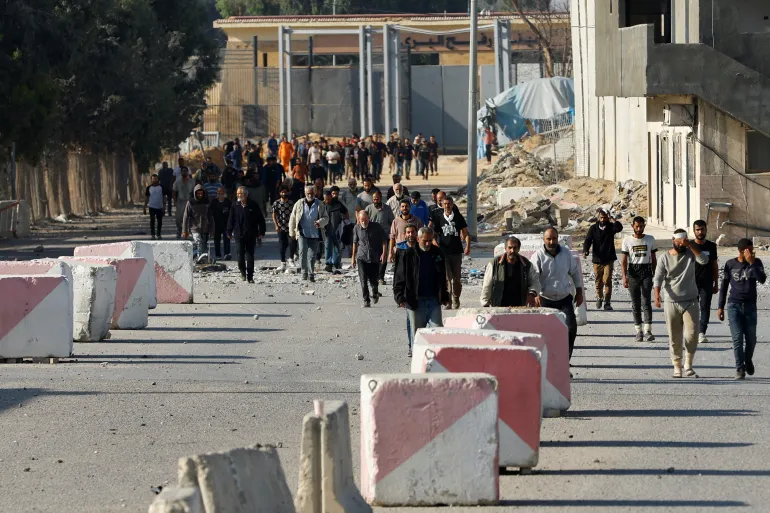
Following a three-month delay, Thailand’s Parliament selected the country’s next prime minister on Tuesday. The chosen candidate is a real estate magnate affiliated with a party that is considered suitable by conservative elites.
This decision brings an end, at least for the time being, to an extended phase of uncertainty that had brought the nation to the brink of a potential political crisis.
Srettha, aged 60, stood as the only candidate presented by the populist Pheu Thai Party. In Thailand’s bicameral parliament, he garnered 482 votes out of a total of 747 possible votes.
His election coincides with the return of Thaksin Shinawatra, the founder of Pheu Thai and a polarizing former prime minister, to the country. Thaksin had been in self-imposed exile for over 15 years before his return.
Thaksin’s return introduces an additional layer of uncertainty to the already tense political climate. Thaksin, a highly polarizing figure who was removed from power in a 2006 military coup, now contributes to the complex and unstable political landscape.
He was quickly detained because he had previously been sentenced to imprisonment in relation to three cases involving corruption and abuse of power.
Srettha is a close ally of Thaksin, and numerous analysts noted that the return of the former leader indicated his level of trust in Pheu Thai, the populist party he established in 2007.
Srettha, who is not a parliamentary member, underwent education in both the UK and the US. He obtained his master’s degree in finance from Claremont Graduate School. He began his career as an executive at Procter & Gamble in Thailand and subsequently co-founded the real estate firm Sansiri alongside his brother.




